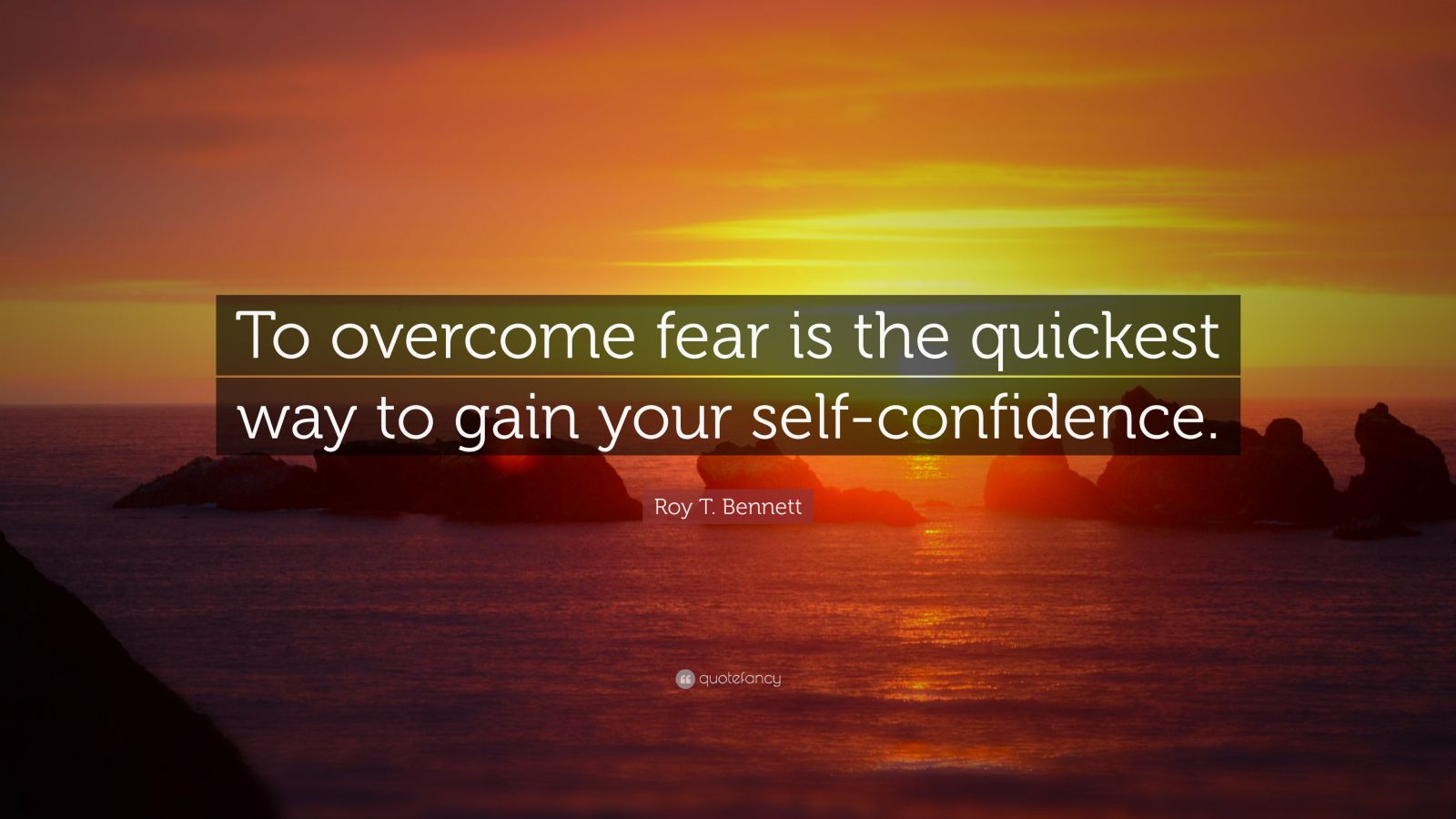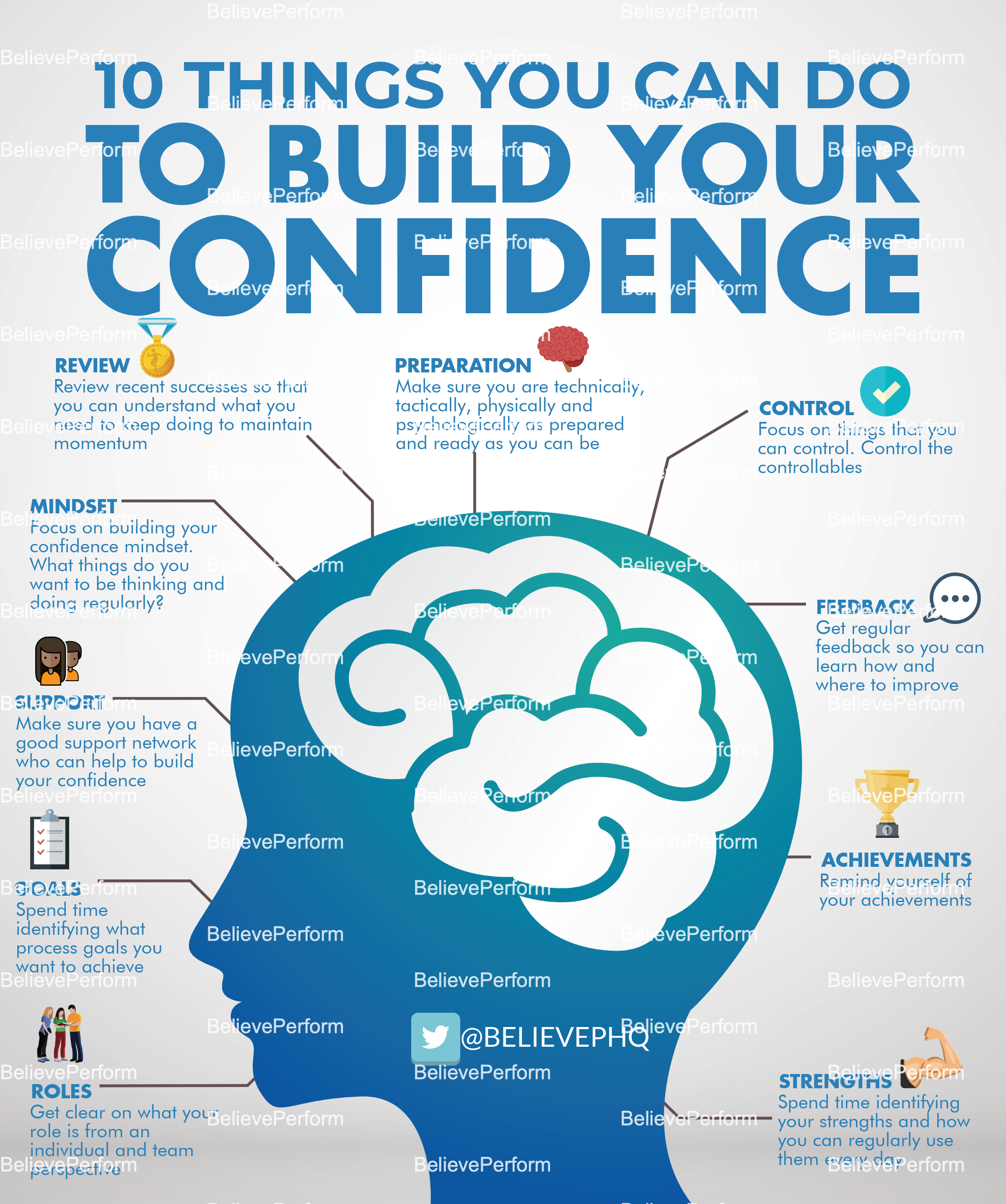How To Build Confidence And Overcome Fear

Many people grapple with feelings of self-doubt and fear, hindering their personal and professional growth. Overcoming these obstacles requires a conscious and consistent effort, involving both internal reflection and proactive strategies.
Building confidence and conquering fear is a multi-faceted journey that involves understanding the root causes of these emotions, developing coping mechanisms, and practicing self-compassion. This article explores practical steps individuals can take to cultivate a stronger sense of self-assurance and manage their fears effectively.
Understanding the Roots of Fear and Lack of Confidence
Fear and a lack of confidence often stem from a combination of factors, including past experiences, societal pressures, and negative self-talk. Childhood experiences, such as criticism or failure, can significantly impact an individual's self-perception.
According to the American Psychological Association, these experiences can create negative thought patterns that contribute to anxiety and low self-esteem. Societal expectations and comparisons with others, often amplified by social media, can also fuel feelings of inadequacy.
Practical Strategies for Building Confidence
One effective strategy is to focus on small, achievable goals. Breaking down larger tasks into smaller, more manageable steps can create a sense of accomplishment and build momentum. This approach allows individuals to experience successes along the way, reinforcing their belief in their abilities.
Another key aspect is to challenge negative self-talk. Identifying and questioning negative thoughts can help individuals replace them with more positive and realistic perspectives. Cognitive behavioral therapy (CBT) techniques, often recommended by therapists, provide tools for restructuring thought patterns.
Developing new skills and expanding knowledge can also contribute to increased confidence. Investing time in learning new things not only enhances abilities but also broadens perspectives and fosters a sense of competence. Whether it's learning a new language, mastering a software program, or taking up a new hobby, the process of acquiring knowledge can be empowering.
Coping Mechanisms for Overcoming Fear
Facing fears directly, in a controlled and gradual manner, is a powerful technique for overcoming them. Exposure therapy, a common treatment for anxiety disorders, involves gradually exposing individuals to the source of their fear in a safe environment.
Mindfulness and relaxation techniques, such as meditation and deep breathing exercises, can help manage anxiety and reduce the physical symptoms of fear.
Regular practice of these techniques can promote a sense of calm and control in stressful situations.
Seeking support from others is crucial in overcoming fear. Talking to trusted friends, family members, or a therapist can provide valuable perspective and emotional support. Sharing fears with others can also help to normalize these feelings and reduce the sense of isolation.
The Importance of Self-Compassion
Self-compassion is a vital component of building confidence and overcoming fear. Treating oneself with kindness and understanding, especially during times of difficulty, can help to build resilience and reduce self-criticism. This involves acknowledging imperfections and recognizing that everyone makes mistakes.
According to Dr. Kristin Neff, a leading researcher in self-compassion, practicing self-compassion involves three key elements: self-kindness, common humanity, and mindfulness. Self-kindness involves treating oneself with warmth and understanding rather than harsh criticism. Common humanity recognizes that everyone experiences suffering and imperfections. Mindfulness involves being present in the moment without judgment.
Building confidence and overcoming fear is an ongoing process that requires patience and persistence. By understanding the roots of these emotions, implementing practical strategies, and practicing self-compassion, individuals can cultivate a stronger sense of self-assurance and live more fulfilling lives.
The journey towards confidence and fearlessness is not always easy, but the rewards of greater self-belief and reduced anxiety are well worth the effort. Remember to celebrate small victories and be kind to yourself along the way.


















